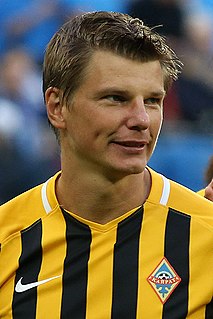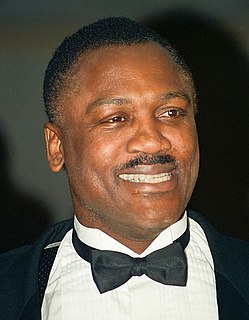A Quote by Joan Wallach Scott
The thing about education - and why I'm so passionate about the position and status of the university - is that it's supposed to teach citizens how to think better, how to think critically, how to tell truth from falsehood, how to make a judgment about when they're being lied to and duped and when they're not, how to evaluate scientific teaching. Losing that training of citizens is an extremely dangerous road to go down.
Related Quotes
You've never seen me debate anybody. On anything. Ever. My investment of time, as an educator, in my judgment, is best served teaching people how to think about the world around them. Teach them how to pose a question. How to judge whether one thing is true versus another. What the laws of physics say.
To spend any time with someone who is among the top five film composers of the last 50 years is pure gold dust. I mean, not necessarily stylistically, because everyone is different in what their music sounds like, but the approach and how to look at a film, how to think about a film, how to decide what you want to do, how to think about characters, how to think about art, how to think about narrative, how to liaise with producers, how to liaise with directors.
Think about how tangible it would be to the citizens of Washington State to finally have the Hanford nuclear site cleaned up. Think about how tangible it would be to the citizens along the Hudson River to fix that pollution. These are some of the most direct things we can do to benefit our environment.
There are students whose religious upbringing is going to make them feel uncomfortable in a class where certain kinds of secular ideas are presented. There are students whose ideas about history or sexuality are going to be similarly challenged to question, to affirm or to change those ideas. That doesn't mean they shouldn't be exposed to them; that's why they're at school. That's why they come to university: to be taught how to think well and critically about material that they're being presented with. But it's the teacher who is certified to teach them how to do that.
Edward Snowden's real "crime" is that he demonstrated how knowledge can be used to empower people, to get them to think as critically engaged citizens rather than assume that knowledge and education are merely about the learning of skills - a reductive concept that substitutes training for education and reinforces the flight from reason and the goose-stepping reflexes of an authoritarian mindset.
By instructing students how to learn, unlearn and relearn, a powerful new dimension can be added to education. Psychologist Herbert Gerjuoy of the Human Resources Research Organization phrases it simply: 'The new education must teach the individual how to classify and reclassify information, how to evaluate its veracity, how to change categories when necessary, how to move from the concrete to the abstract and back, how to look at problems from a new direction — how to teach himself. Tomorrow's illiterate will not be the man who can't read; he will be the man who has not learned how to learn.'
Those are big challenges in our age, not just how we live as co-citizens in societies with people of different faiths and different cultures - I mean, that's a big challenge itself - but how we think about all that as Christians, or as Jews, or as Muslims, or as Hindus. How do we think about the religious other? There's a theological dimension as well as a civic dimension to our pluralism.
I have a seven-level program and through even into the fifth level it can be all done from a distance. "Why not?" is how I feel about it, because energy is not confined by time or space, so why should my teaching be. I'm teaching energy and how to manage it, how to handle it, and how to heal with it.





































